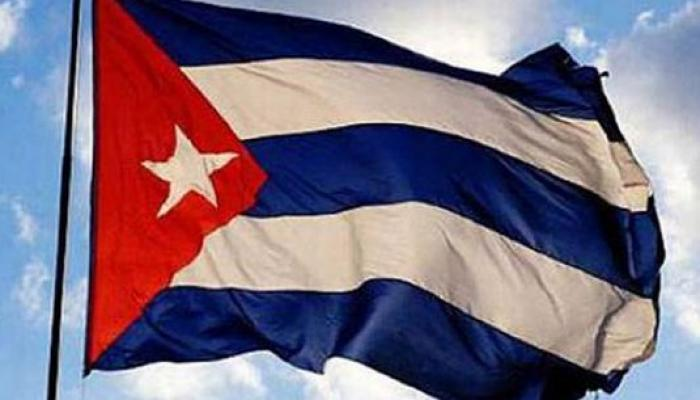
By Pedro M. Otero Cabañas
Today, we will speak succinctly, the time crunch of a journalistic comment, about the critical situation that we Cubans are experiencing right now.
If you asked me what is the most determining factor in it, I would say that the poor generation of electrical energy, which forces long and constant blackouts.
This means the paralysis of many sectors of the economy and services intermittently, also affecting the areas of education, health and the rest of the areas that complement the functioning of a country.
More than 80 percent of the electrical energy that Cuba produces is generated by thermoelectric plants with an enormous degree of obsolescence and high oil consumption.
Added to this unfavorable scenario is the country's difficulties in purchasing hydrocarbons, first of all due to the suffocating US blockade, which persecutes and sanctions companies and shipping companies that try to negotiate this item with Cuba, and also the very discreet volume of foreign currency with Cuba. those that count, which reduce their purchasing capacity abroad to revive their economy.
Due to the US blockade itself, the Caribbean nation does not have access to monetary loans from the main financial institutions and its poor export volume closes the doors to many markets abroad.
With this kind of extended Procrustean bed, the Cuban people and government have been dealing with for 4 years and which, logically, translates into shortages of food, medicine and fuel, frequent blackouts and an accelerated increase in the prices of all products. due to the brutal depreciation of the Cuban peso.
This accumulation of factors causes a notable decrease in the purchasing capacity of the national currency, as we have said, and consequently an exorbitant inflation, perhaps among the largest in Latin America and the Caribbean.
On the other hand, internal policies cannot be ignored that have contributed little or nothing to the development of productive processes, the strengthening of industry and agriculture and the recomposition of internal finances.
Such an unflattering social panorama barely leaves room for calm.
As President Miguel Diaz-Canel Bermúdez has expressed, we are living in an “extraordinarily complex” situation, with an economic scenario that has generated “dissatisfaction” in the population.
Faced with this very complex scenario, many choose to emigrate. Nearly half a million Cubans have done so in the last year. Others plan to do so after an evaluation of the future that they consider hopeless, at least in the short term.
But although the darkened social and economic panorama of today's Cuba could seem to drag on in time, there are still Cubans trusting in a necessary turn of events that will lead to promising spaces for the reborn Cuba that postulates the revolution.

